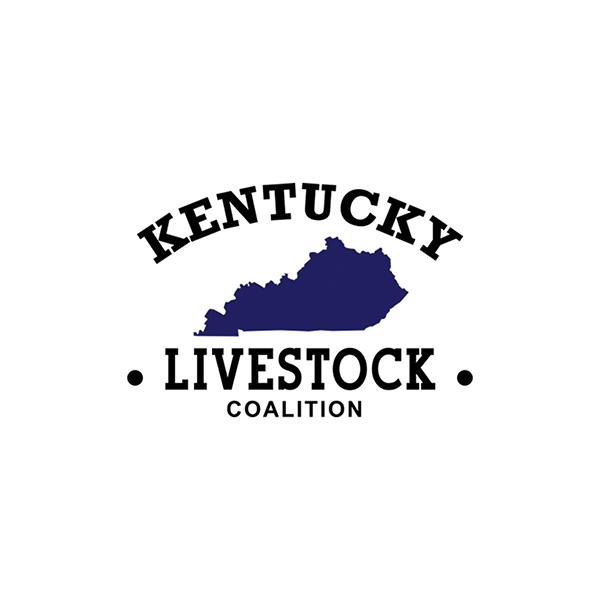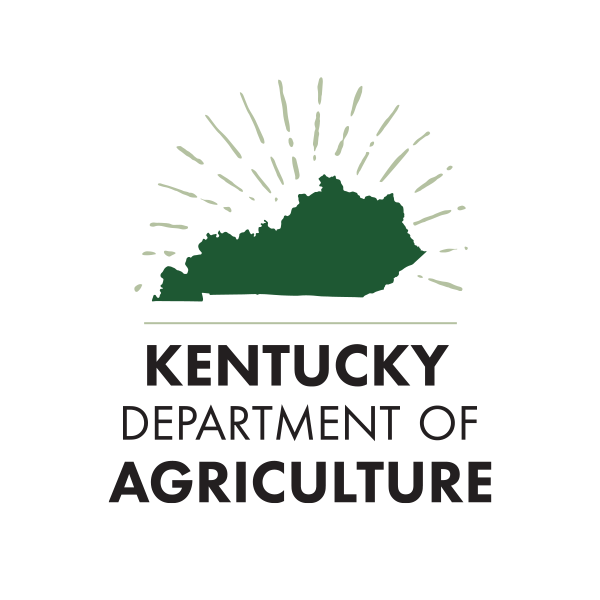Ensuring animals are healthy and cared for is a primary concern of our Kentucky farmers.
While most of the animals raised in agriculture will be used for food, farmers realize that unhealthy animals do not provide quality meats, eggs, milk, and co-products. Quality is a primary factor in determining the price a farmer receives for his or her livestock products.
Kentucky livestock today are more comfortable and better cared for than at any time in history. The Kentucky agricultural community has worked to improve animal handling facilities, health care, feed quality, genetics, and producer knowledge. The investment in research at our universities has enabled producers to apply science-based improvements in all sectors of the animal life cycle.
Related News:
The University of Kentucky Veterinary Diagnostic Laboratory (UKVDL) is not merely an animal clinic or hospital; it is a highly specialized operation that combines science with necessity.
Kentucky Livestock Care Standards
The Kentucky Livestock Care Standards Commission was created in 2012 in response to other states working to adopt standards based on public perception rather than sound science. Some of those proposed standards threatened to impact the economic competitiveness of the farmers in those states without materially improving the care of their animals. Kentucky farm interest groups decided to lead in developing on-farm standards that would protect their animals without imposing regulatory burdens on producers.
The commission, headed by Kentucky State Veterinarian Dr. Robert C. Stout, created a multi-species document with input from all segments of the livestock industry as well as other interested parties. The commission and the Kentucky State Board of Agriculture approved the draft and adopted it in March 2013.
View the Kentucky Livestock Care Standards.
Related news:
Commissioner Quarles Applauds Passage of Bill That Modernizes Veterinary Care in Kentucky
Large Animal Veterinarian Shortage
Nationwide, a shortage of large animal veterinarians is creating a negative impact as farmers search to find the veterinary care they need for their animals. Large animal veterinarians are essential to the protection of the nation’s food supply. Only 5 percent of veterinarians in the U.S. practice on large animals. The other 95 percent have turned to companion animal practices, research, or regulatory. In Kentucky, large animal veterinarians make up an even smaller percentage. Only about 3 percent of veterinarians in the state have dedicated large animal practices.
In 2022, the Kentucky Department of Agriculture, led by Commissioner Quarles, invited industry stakeholders to participate in two discussion meetings to explore reasons for the vet shortage and possible solutions. The idea for a working group was developed out of these discussions.
During their 2023 meetings, group discussions focused on four areas that may reduce the shortage of large animal veterinarians, including:
Developing a strong pipeline of Kentucky students to veterinary schools;
Kentucky’s role in assisting students find opportunities in veterinary schools;
Kentucky’s role to attract veterinary school graduates to rural and large animal practice; and
How to keep veterinarians in rural and large animal practice.
The conclusion of the Veterinary Shortage Working Group’s meetings culminated in a plan that stayed along those original lines with solutions mapped out for each area of focus.
“Some of the ideas in this report will require government action,” Commissioner Quarles said. “Without question, there is a role for state and federal governments to assist in solving this issue. However, others can be termed as self-help with the veterinary and agriculture communities working together, in some cases on a case-by-case or in local efforts. Some of the tools to aid in these efforts have already been developed.”
The plan is available on the Kentucky Department of Agriculture’s website for review.
Related News
Western Kentucky University’s SmartHolstein Lab
The WKU SmartHolstein Lab is a strategic, synergistic partnership between Holstein Association USA and Western Kentucky University Department of Agriculture and Food Science designed to be a research, development, and demonstration center for the dairy industry. They also provide students with unique experiential working opportunities.









